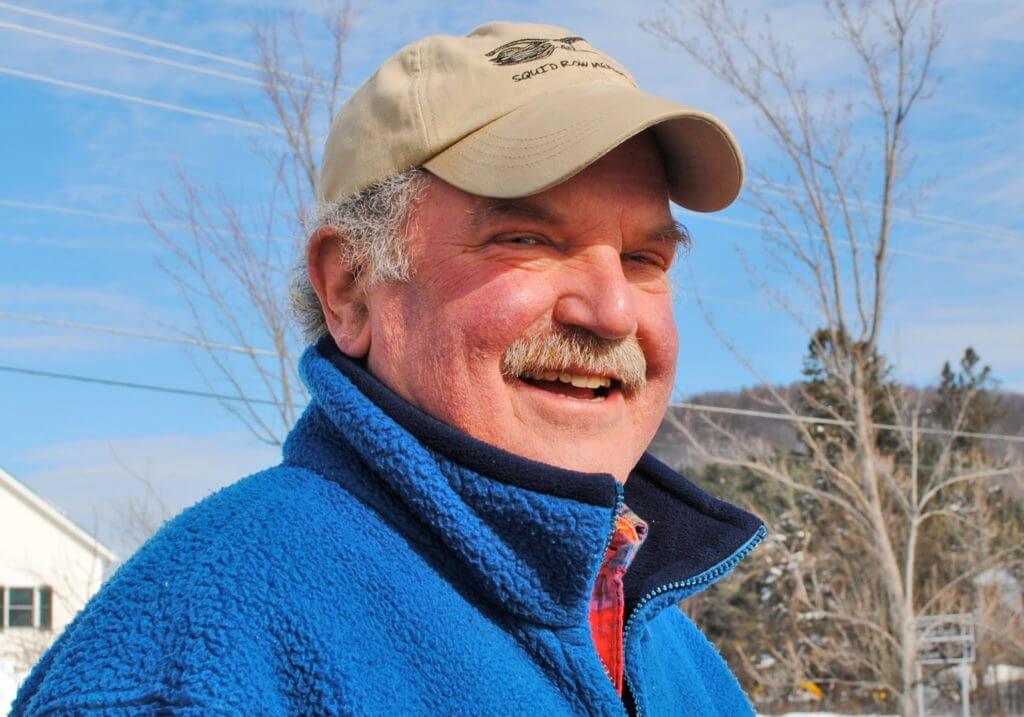At my age, life seems to move like a fastball

Now I think I’m going down to the well tonight
And I’m going to drink till I get my fill
And I hope when I get old I don’t sit around thinking about it
But I probably will
Yeah, just sitting back trying to recapture
A little of the glory of, well time slips away
And leaves you with nothing mister but
Boring stories of glory days
Glory days, well, they’ll pass you by . . .
~ Glory Days, Bruce Springsteen and the E-Street Band
Not to pray on its significance, but yesterday did mark the beginning of a new year of my life—the 77th to be exact. And given the occasion, I tried to think back over significant features of life on Earth that happened during my three-quarters-plus of a century as one of its inhabitants. First of all, humanity should not get all the credit for developing our Earth’s character. As I reminded us in my last OutTake, animals (particularly beavers) gave our country direction well before humans set foot on its landscape. A second element in my telling is the fact that my memory of details has diminished. I have, however, tried to at least recall elements in what author Bob Herbert calls “our collective fate.”
Glory days? Well, some, yes. But many? No.
Nonetheless, as Springsteen reminds us, these days pass us by, so I thought I’d give a shot at pulling together some of those I could remember.
Unfortunately, many held no glory at all. A major feature of our species seems to be dominance over others that we create or maintain through wars. We have been in a nearly constant war throughout my lifetime. And, yes, I joined in the battle in Southeast Asia, a battle over territory that we had no business trying to garner, against an enemy whose homeland it had been at one time and who was in the process of trying to regain it.
In his book Losing Our Way (Doubleday), Herbert writes about the development (or mis-development) of our nation’s infrastructure. Growing up in the Midwest, I remember how the railroad was a major means of travel across the country. Its tracks ran down the main streets of small towns around me. Interstate highways then became a means of moving commerce or the military across our country, long distances at high speeds. I suspect that this development of vast and improved transportation also meant that more people were no longer tied to a single place. Born, bred and living our entire lives in the Northeast Kingdom became less common due to an expansion of vision and the ability to move with it.
Education played a rather major role in this ability as well. Expanded learning allowed people to work, live and manage their lives in more than a narrow scope.
Communal culture forged itself upon us. I grew up in a city that revolved around a single element: healthcare. Testing its thesis through the local clinic’s growth was a common factor for those of us growing up in that milieu. Everything in town seemed to revolve around the “clinic.” The major buildings gave symbolism to its culture, and I even lived on “Pill Hill.” City center held physician offices, laboratories, data collection wings, all within easy walking distance of several hospitals and visible from most sections of town. The clinic claimed that with its healthcare practice, shared among a variety of practitioners from physicians through secretaries, it was unique and superior to most others. It asserted to have set the standard for medical practice incorporating diagnosis, treatment, education and administration.
Even in such a highly regulated culture as medicine, I believed strongly that human interaction required clear expression through the use of language. Our culture’s use and abuse of language as a means of communication among its members has been of interest to me over much of my lifetime. An English major in college, followed by a brief stint at journalism in graduate school, after military service I headed east thinking I’d walk into its office and come out as a correspondent for The New York Times. A placement officer suggested, however, that I might want to return to Minnesota and begin with my smaller hometown newspaper before seeing whether the Times might benefit from my services.
On the other hand, they said, there was an advertising agency that was looking for someone with my background. I applied for its training program, was accepted and went to copy write for a major pharmaceutical advertising agency. I used my medical and language experience to write ads for what were termed “ethical pharmaceuticals” (prescription drugs) that appeared in medical journals. (I did wonder what “unethical pharmaceuticals” might be.)
Educating others in my skill sets (those leading to “organizational development”) became the next step in my curvy path through our cultural landscape. Graduate degrees followed by positions in universities provided opportunities for both teaching and learning. I was an avid believer that the good teacher must be both educator and learner. My role was definitely not a one-way street—out of the teacher’s mouth, into the student’s head.
So, here I am in my 77th year still trying to apply what I have learned over the course of a lifetime to a medium I enjoy through this newspaper, written journalism.
Several physical maladies have required that I approach that process in a slightly different way. But, hey, that’s learning, too, isn’t it? Yes, it’s sort of like taking batting practice so that when the speedball comes across the plate it looks like a hot air balloon, and BINGO, there it flies over that far right field fence.
I would like things to continue a bit longer, but then I can’t control that. So, keep pumping iron, and yahoo! Glory days!

